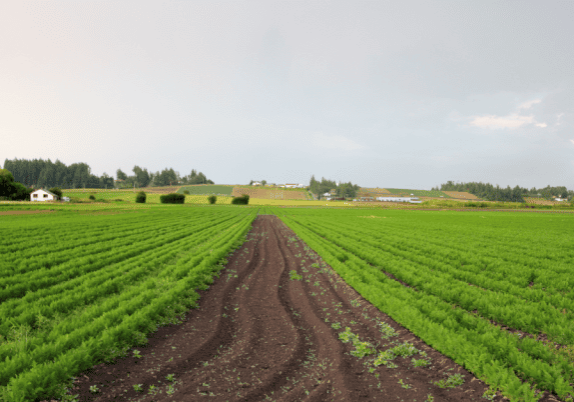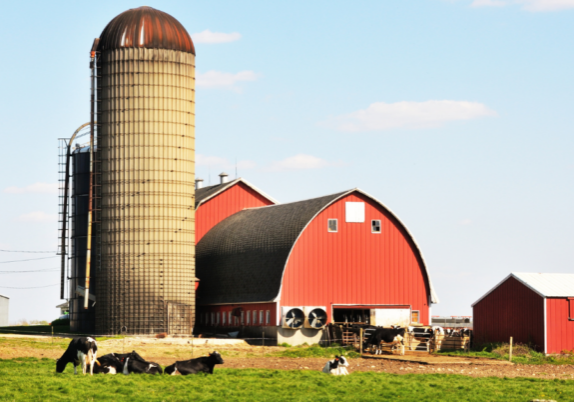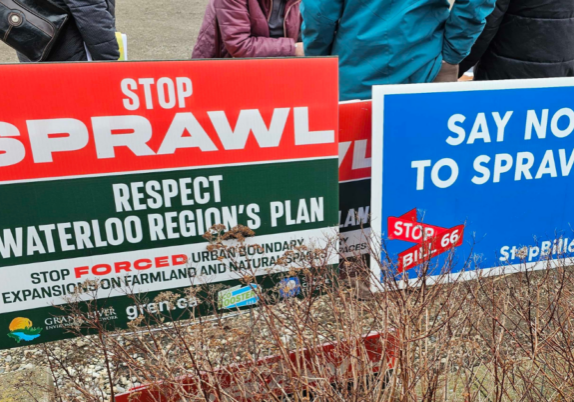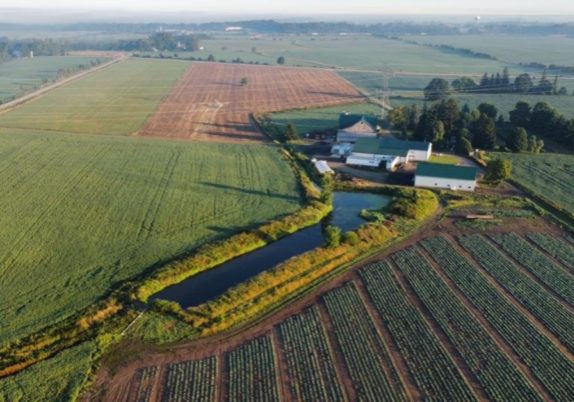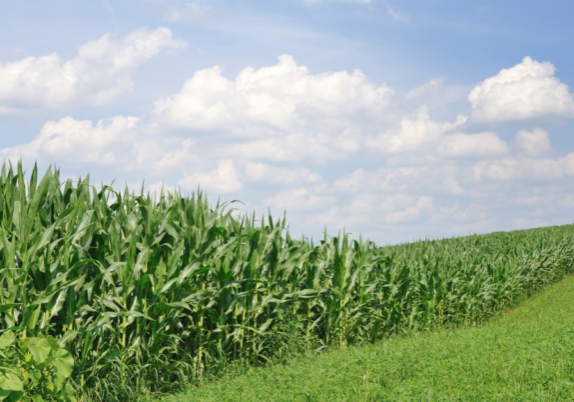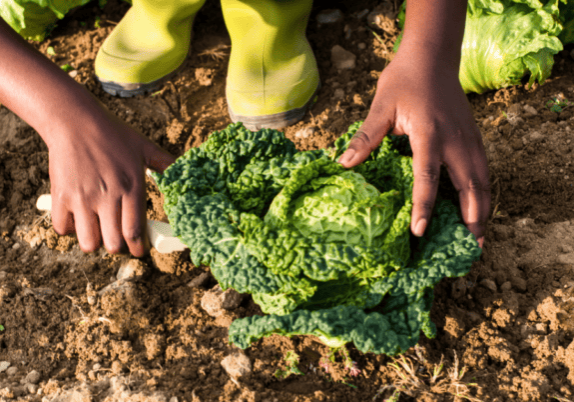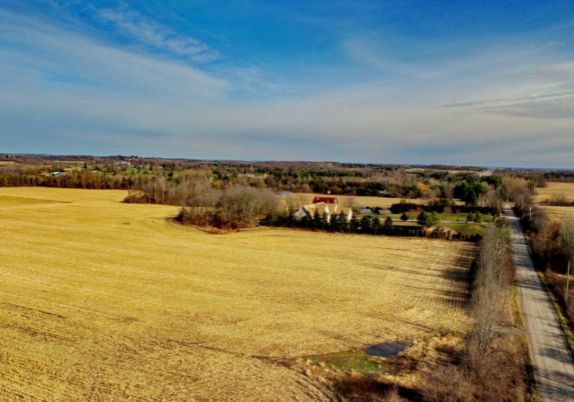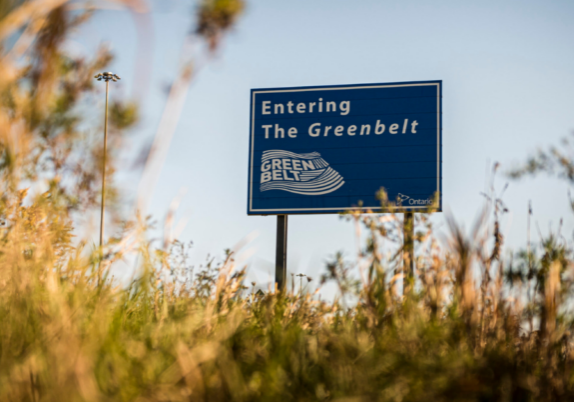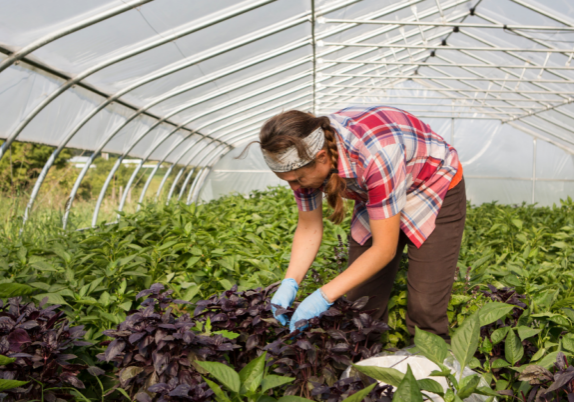Response to Greater Golden Horseshoe Transportation Plan
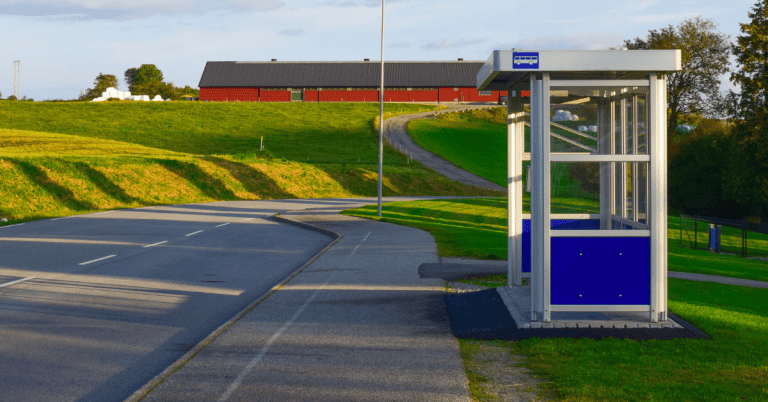
RE: Greater Golden Horseshoe (GGH) Transportation Plan
Dear Minister Mulroney,
The National Farmers Union – Ontario (NFU-O) is an accredited farm organization representing thousands of sustainable family farmers in Ontario and has advocated for farm families across Ontario and Canada since 1969. Members work together to achieve agricultural policies that ensure dignity and income security for farm families, while protecting and enhancing rural environments for present and future generations. The NFU-O collaborates locally, nationally and internationally to research, educate, and share effective solutions that lead to a better world for farm families and their communities.
The NFU-O appreciates the opportunity being given to comment on the proposed GGH Transportation Plan.
“Towards a Greater Golden Horseshoe Transportation Plan: discussion paper” addresses the movement of people and goods throughout the region of the GGH, but does not acknowledge the important role that agriculture plays within this region, and the need to ensure that transportation plans do not impact or remove contiguous parcels of farmland that are required to feed a growing population in this region. As well, transportation plans will need to take into account the movement of farm equipment between fields and the infrastructure required to access farming inputs and get farm products to market. As well, farm families within the rural communities of the GGH are also impacted by transportation infrastructure and access to public transportation to travel between more rural communities and major urban centres.
Agriculture in the GGH
The GGH is home to over 40% of the best farmland in Ontario, yet is also home to the highest population and urban development in Ontario, with population expected to grow by approximately 5 million people to reach 14.9 million people by 2051.
Over 6000 farms are found in the GGH and approximately 40,000 hectares of Specialty Crop Areas, including the Niagara Peninsula Tender Fruit and Grape Area and the Holland Marsh. Farmers in the GGH produce about 200 different commodities, including fruits and vegetables, grains, meat and dairy products, and non-food items like flowers for sale in local, domestic and international markets.
In 35 years, over 340,000 hectares of farmland – an area the size of Peel Region, Halton Region and the City of Hamilton combined – has been lost to development and other uses. This is not sustainable if we want to continue being able to feed our growing population into the future.
Enhancing capacity and performance on congested roads
The current transportation plan for the GGH shows plans for current and new major highway projects through the Greenbelt and GGH, including through the Holland Marsh and the Lake Simcoe region, the GTA West, and the Cambridge to Brantford Bypass.
The NFU-O strongly disagrees with any highway construction that would result in removing farmland, especially in the Greenbelt (and proposed expansion or special study areas of the Greenbelt) and Specialty Crop Areas like the Holland Marsh. The Greenbelt Plan (2005) declared agriculture to be the predominant land use in the area covered by the plan and provided permanent protection to the agricultural land base. Therefore, we also recommend the completion of agricultural impact assessments to determine the impact that these major highways will have on the agricultural system, and with a focus on not removing farmland in the region.
Efficiently moving goods across the region
The NFU-O recommends that the Ministry work with agricultural organizations to advise on the safe and effective movement of agricultural inputs and goods throughout the region. This could include considering rest stops for transporting livestock, considering the use of guard rails on roadways and their impact on farm machinery, and considering the passage of large equipment in roundabout designs. It could also include an assessment as to which products could be transported by rail instead of truck throughout the region. As well, we would recommend that the Ministry consider the impact of salt use on highways and roadways within the GGH on agricultural land, and work with municipalities to minimize these impacts. And, finally, we would ask that the Ministry consider the movement of hazardous products throughout the region, and the potential impact on farmland, waterways, and natural areas that we are all dependent upon within the GGH.
Climate Crisis
The farm members of the NFU-O are deeply concerned about the climate crisis and their ability to continue to produce food into the future due to shifting and unpredictable weather patterns, low snowfall amounts, droughts, and floods. Therefore, it is imperative that the Ministry conduct climate impact assessments for any proposed highways and the impact that more cars on the road will create for Ontario.
Sincerely,
Don Ciparis
President, National Farmers Union – Ontario
